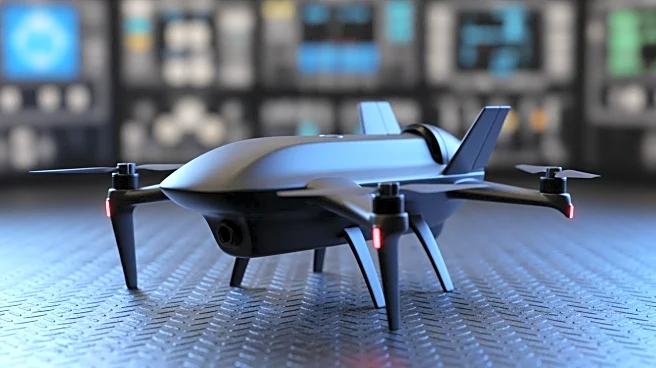Rapid Read • 6 min read
A study published in Current Biology has uncovered that streaked shearwaters, a type of seabird common in East Asian waters, have a unique habit of pooping only while airborne. The research, led by Leo Uesaka from the University of Tokyo, found that these birds release droppings at regular intervals, every 4 to 10 minutes, even taking flight from the water to do so. The study initially aimed to observe the birds' leg movements during takeoff but revealed unexpected insights into their bathroom habits. The researchers used small, rear-facing cameras attached to the birds to capture this behavior, providing a new perspective on seabird excretion.
AD
The findings offer valuable insights into seabird behavior and their ecological impact. Seabird droppings are rich in nitrogen and phosphorus, potentially fertilizing coastal waters. However, they also pose a risk for avian influenza transmission, highlighting the importance of understanding these habits for disease control. The study's novel approach to observing seabird behavior at sea could lead to further research on the environmental and health implications of seabird droppings.
The study underscores the importance of seemingly mundane animal behaviors in understanding ecological dynamics. Seabird droppings play a role in nutrient cycling and can affect coastal ecosystems. Additionally, the research highlights the potential for innovative methods in wildlife studies, using technology to gain insights into animal life that were previously difficult to observe.
AD
More Stories You Might Enjoy










